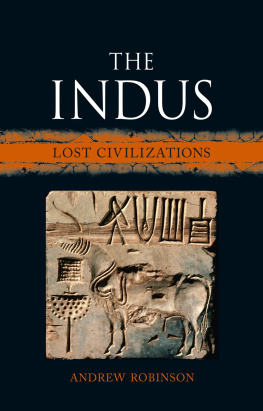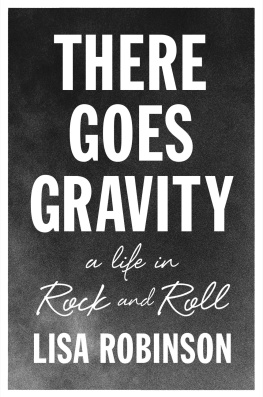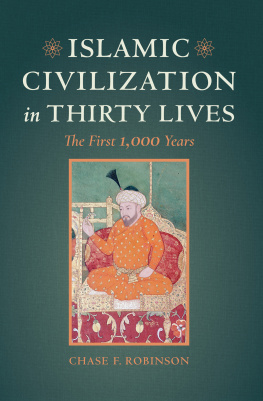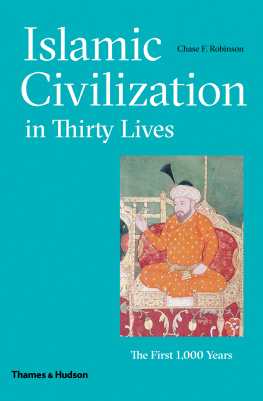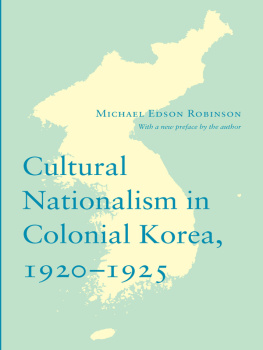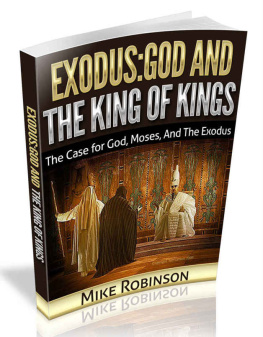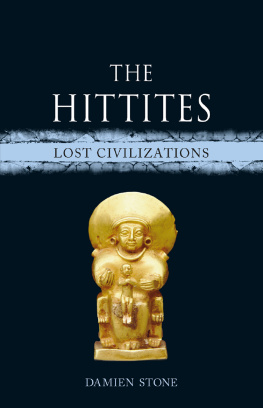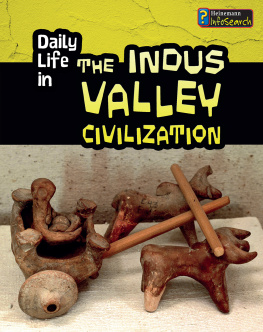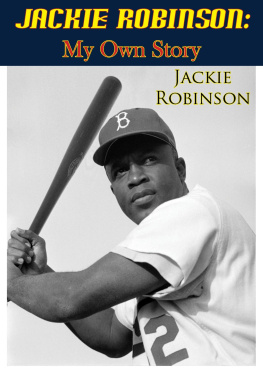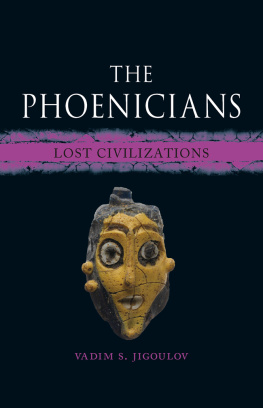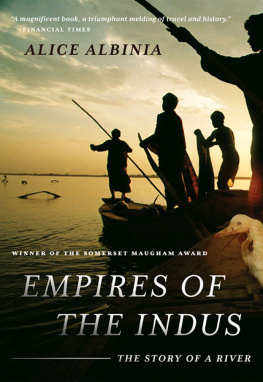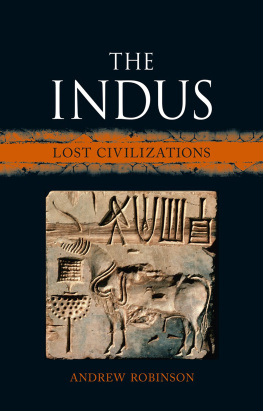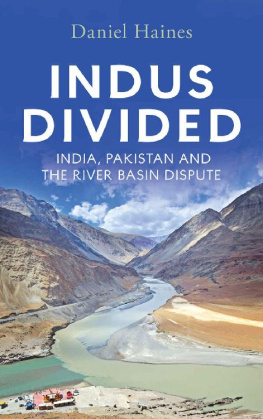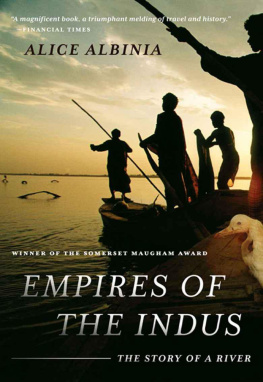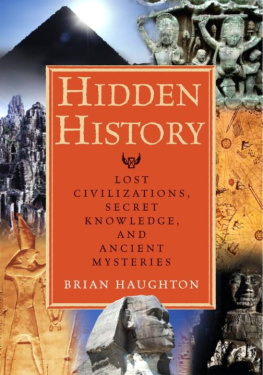Robinson - The Indus: lost civilizations
Here you can read online Robinson - The Indus: lost civilizations full text of the book (entire story) in english for free. Download pdf and epub, get meaning, cover and reviews about this ebook. City: Asia;Indus River Valley, year: 2015, publisher: Reaktion Books, genre: Art. Description of the work, (preface) as well as reviews are available. Best literature library LitArk.com created for fans of good reading and offers a wide selection of genres:
Romance novel
Science fiction
Adventure
Detective
Science
History
Home and family
Prose
Art
Politics
Computer
Non-fiction
Religion
Business
Children
Humor
Choose a favorite category and find really read worthwhile books. Enjoy immersion in the world of imagination, feel the emotions of the characters or learn something new for yourself, make an fascinating discovery.
The Indus: lost civilizations: summary, description and annotation
We offer to read an annotation, description, summary or preface (depends on what the author of the book "The Indus: lost civilizations" wrote himself). If you haven't found the necessary information about the book — write in the comments, we will try to find it.
Robinson: author's other books
Who wrote The Indus: lost civilizations? Find out the surname, the name of the author of the book and a list of all author's works by series.
The Indus: lost civilizations — read online for free the complete book (whole text) full work
Below is the text of the book, divided by pages. System saving the place of the last page read, allows you to conveniently read the book "The Indus: lost civilizations" online for free, without having to search again every time where you left off. Put a bookmark, and you can go to the page where you finished reading at any time.
Font size:
Interval:
Bookmark:

 THE INDUS
THE INDUS

LOST CIVILIZATIONS
The books in this series explore the rise and fall of the great civilizations and peoples of the ancient world. Each book considers not only their history but their art, culture and lasting legacy and asks why they remain important and relevant in our world today.
| THE INDUS LOST CIVILIZATIONS |
ANDREW ROBINSON
REAKTION BOOKS
For Asko Parpola
Scholar, decipherer and friend
Published by Reaktion Books Ltd
33 Great Sutton Street
London EC1V 0DX, UK
www.reaktionbooks.co.uk
First published 2015
Copyright Andrew Robinson 2015
All rights reserved
No part of this publication may be reproduced, stored in a retrieval system, or transmitted, in any form or by any means, electronic, mechanical, photocopying, recording or otherwise, without the prior permission of the publishers
Page references in the Photo Acknowledgements and
Index match the printed edition of this book.
Printed and bound in Great Britain
by TJ International, Padstow, Cornwall
A catalogue record for this book is available from the British Library
eISBN: 9781780235417
 CONTENTS
CONTENTS
| C HRONOLOGY |
c. 70002600 BC | Village habitation at Mehrgarh (Baluchistan): wheat and barley cultivation, domestication of cattle |
c. 5000 BC | Rice cultivation in China and India (Ganges valley) |
Middle of 4th millennium BC | Urbanization at Uruk, Mesopotamia |
c. 3500 BC | Settlement at Harappa (Punjab) |
c. 35002600 BC | Early period of Indus civilization |
c. 3100 BC | Cuneiform script begins in Mesopotamia; hieroglyphic script begins in Egypt |
First half of 3rd millennium BC | Gilgamesh of Uruk reigns, Mesopotamia |
c. 26002500 BC | Pyramids constructed at Giza, Egypt |
c. 2600 BC | First Dynasty of Ur, Mesopotamia: trade between Mesopotamia and Indus valley begins |
c. 26001900 BC | Mature period of Indus civilization: cities at Harappa and Mohenjo-daro (Sindh); Indus script is used throughout the civilization |
c. 24001500 BC | Bactria and Margiana Archaeological Complex (BMAC), Turkmenistan and Afghanistan |
c. 23342279 BC | Sargon of Akkad reigns, Mesopotamia; trades with Meluhha (Indus valley) |
2nd millennium BC | Indo-Aryan-speaking peoples migrate from west into northwest India |
c. 19001700 BC | Late period of Indus civilization: cities and Indus script decline |
c. 19001500 BC | Alphabet begins in Egypt, Palestine and Sinai |
c. 1800 BC | Trade between Mesopotamia and Indus valley declines |
17921750 BC | Hammurabi of Babylon reigns, Mesopotamia |
c. 16001050[?] BC | Shang civilization, China: Chinese character script develops |
c. 1500500 BC | Composition of Rigveda, followed by other Vedic literature in Sanskrit |
13611352 BC | Tutankhamun reigns, Egypt |
c. 1300 BC | Harappa ceases to be inhabited |
c. 1200 BC | Collapse of civilization in eastern Mediterranean (Knossos, Mycenae, Troy, New Kingdom Egypt and others) |
c. 800 BC | Cities begin in Ganges valley |
563483[?] BC | Life of Siddhartha Gautama, founder of Buddhism |
522486 BC | Darius the Great reigns in Persia |
326 BC | Alexander the Great invades Indus valley |
c. 300 BCAD 400 | Composition of Hindu epics Ramayana and Mahabharata |
c. 269232 BC | Reign of Asoka; Brahmi and Kharosthi scripts begin |
AD 1920s | Indus civilization discovered; excavation begins |
1947 | Partition of Indus sites between Pakistan and India |
1980 | Mohenjo-daro inscribed in list of World Heritage Sites by UNESCO |
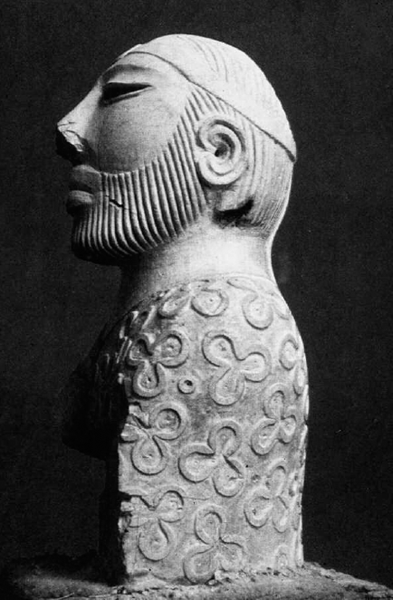
Bust of the priest-king, from Mohenjo-daro in the Indus valley.
| ONE A N E NIGMATIC W ORLD |
I n Civilisation, Kenneth Clarks study of Western civilization based on his pioneering 1960s television series, the eminent art historian pondered the non-Western origins of civilization two-and-a-half millennia before the classical Greeks. He observed:
three or four times in history man has made a leap forward that would have been unthinkable under ordinary evolutionary conditions. One such time was about the year 3000 BC, when quite suddenly civilisation appeared, not only in Egypt and Mesopotamia but also in the Indus valley; another was in the sixth century BC, when there was not only the miracle of Ionia and Greece philosophy, science, art, poetry, all reaching a point that wasnt reached again for two thousand years but also in India a spiritual enlightenment that has perhaps never been equalled.
Ancient Egypt and ancient Mesopotamia are familiar to the world, because of their art, architecture and royal burials; their extensive texts written in Egyptian hieroglyphs and Sumerian and Babylonian cuneiform; and numerous references to the Egyptian pharaohs and Babylonian and Persian rulers in the Hebrew Bible and Greek and Roman literature. So, too, are the glories of classical Greece and, maybe less so, the spirituality of Buddhist India (roughly contemporary with Greek philosophy) and early Hindu India as expressed in the Vedic literature (probably composed between 1500 and 500 BC). Not so familiar, however, is the civilization that appeared in the Indus valley in what is now Pakistan and India during the first half of the third millennium BC.
The Indus civilization was, in its own way, as extraordinary as the civilizations of Egypt and Mesopotamia. But it declined around the nineteenth century BC and left no direct legacy in the Indian subcontinent. Neither Alexander the Great, who invaded India from the northwest in the fourth century BC, nor Asoka Maurya, the great Buddhist-oriented emperor who ruled most of the subcontinent in the third century BC, was even dimly aware of the Indus civilization; nor were the Arab, Mughal and European colonial rulers of India during the next two millennia. Indeed, amazing as it may seem, the Indus civilization remained altogether invisible until the 1920s, when it was almost accidentally discovered at Harappa in the Punjab by British and Indian archaeologists (during Clarks youth). Ever since then, scholars have been trying to elucidate its mysteries, including the meanings encoded in the characters of its aesthetically exquisite but stubbornly undeciphered writing system, and thereby to elevate this most significant of lost civilizations to the position it deserves both in the history of South Asia and in world history.
Font size:
Interval:
Bookmark:
Similar books «The Indus: lost civilizations»
Look at similar books to The Indus: lost civilizations. We have selected literature similar in name and meaning in the hope of providing readers with more options to find new, interesting, not yet read works.
Discussion, reviews of the book The Indus: lost civilizations and just readers' own opinions. Leave your comments, write what you think about the work, its meaning or the main characters. Specify what exactly you liked and what you didn't like, and why you think so.

